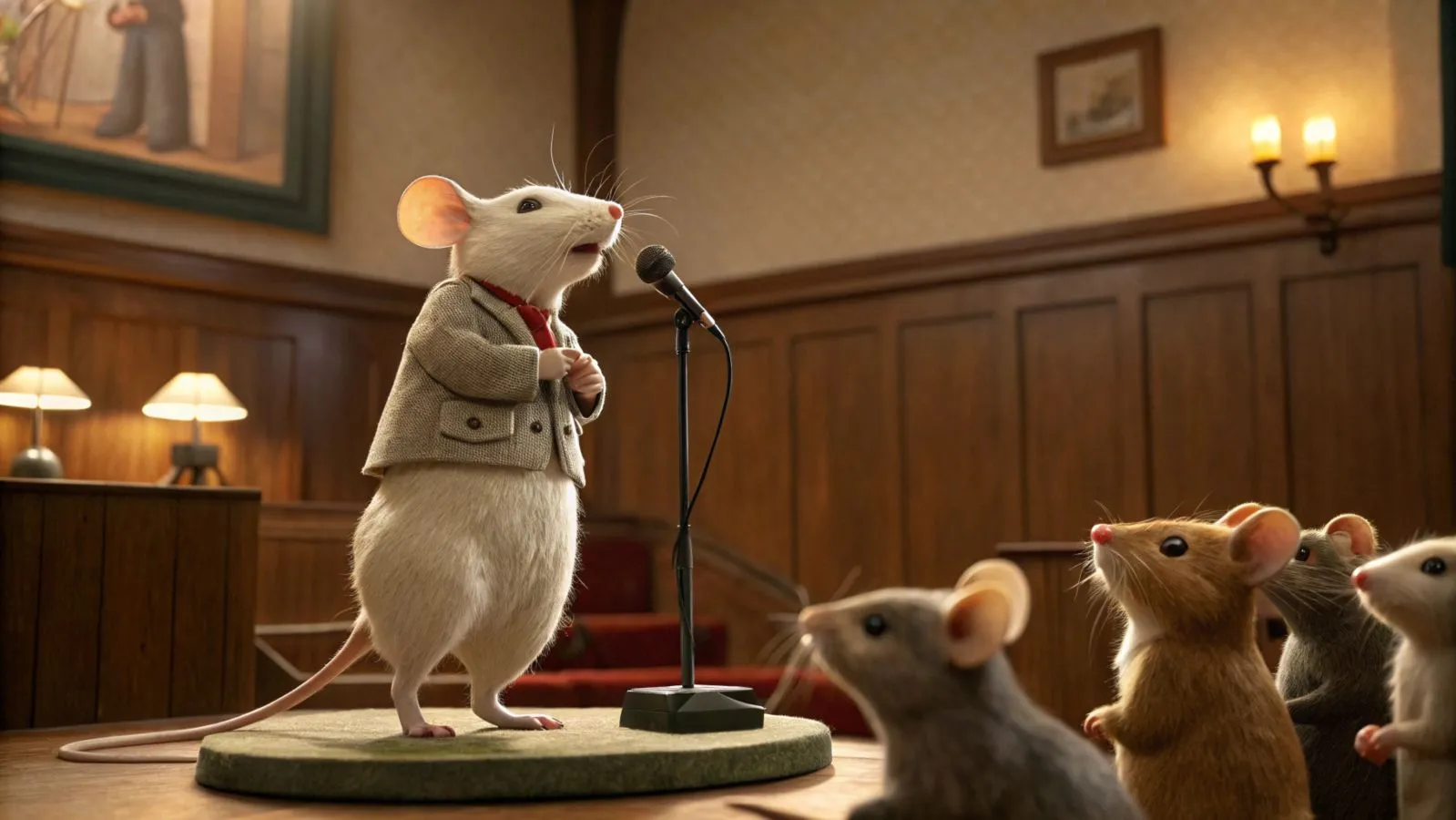In a landmark study, researchers have managed to change the voice of mice by inserting a human language-associated gene, NOVA1, into their genome. The study, carried out by researchers at Rockefeller University and Cold Spring Harbor Laboratory, sheds new light on how human speech and language evolved.
The human-specific NOVA1 gene also differs from the mammalian homolog by only one change of amino acids. When researchers genetically introduced the human variant in mice, the vocalizations in the rodents showed striking differences. Genetically modified puppies emitted more frequency ultrasonic squeaks, while males at an older age released more intricate syllables on courtship calls.
Lead investigator Dr. Robert Darnell clarified, "They 'spoke' differently to the female mice. One can only imagine how such shifts in vocalization could influence evolution."
The research also found that neither Neanderthals nor Denisovans had this variant, indicating it arose in the recent last few hundred thousand years since our ancestors split from these extinct relatives.
While NOVA1 is only part of the intricate jigsaw puzzle of the evolution of human language, this study unlocks new doors to deciphering the genetic foundations of our special communication skills.
Source: Nature Communications, February 18, 2025
